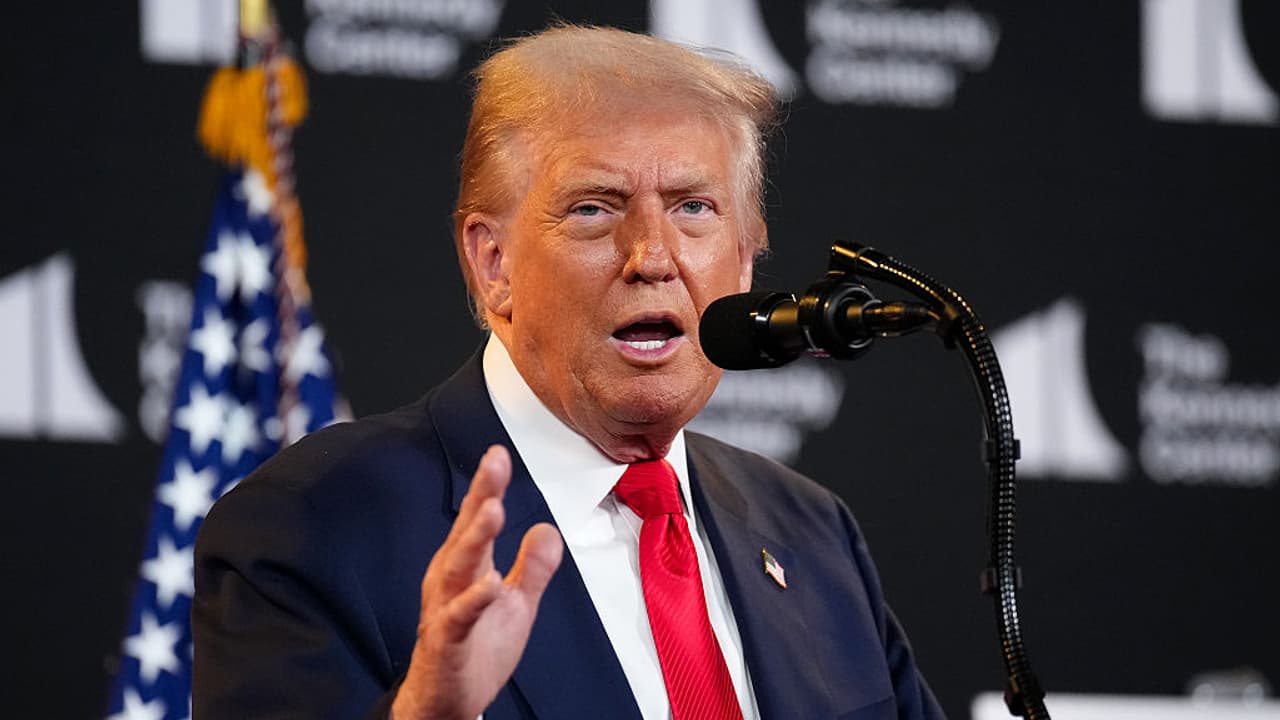This could impact thousands, particularly Indian students. Critics fear the rule will discourage international students from studying in the US. The proposal faces public review before potential implementation.
Washington DC (US): A contentious law limiting the stay of foreign students and visitors in the United States has resurfaced, as the Trump administration moves to revive a 2020 proposal that could impact thousands of Indian students. The rule, if finalized, would end the current flexible visa policy and introduce fixed time limits for certain visa holders, including students, exchange visitors, and foreign journalists. According to a press release, the current system is prone to misuse, with some individuals remaining in the country by enrolling in multiple programs over several years. “For too long, past Administrations have allowed foreign students and other visa holders to remain in the U.S. virtually indefinitely, posing safety risks, costing untold amount of taxpayer dollars, and disadvantaging US citizens. This new proposed rule would end that abuse once and for all by limiting the amount of time certain visa holders are allowed to remain in the U.S., easing the burden on the federal government to properly oversee foreign students and their history,” said a DHS spokesperson.
Currently, most foreign students on F visas are allowed to stay in the U.S. for as long as they are enrolled in an academic program, under a system called “duration of status.” This means there is no fixed end date on their visa, as long as they maintain student status. The Trump-era proposal aims to replace this with a fixed stay of up to four years, after which students must apply for an extension with US immigration authorities. The proposed changes also affect foreign media professionals, who would be allowed to stay for up to 240 days initially, with the possibility of extending their stay by another 240 days based on the duration of their assignment.
Originally introduced during President Trump’s first term, the rule was withdrawn by the Biden administration in 2021. Its return has sparked fresh debate, particularly among immigrant communities and education advocates, who fear it could discourage international students, including many from India, from pursuing higher education in the US. The proposal is not yet final and will go through a public review and comment process. If implemented, it would mark a major shift in how the U.S. handles non-immigrant visas, especially for students and professionals from abroad.
